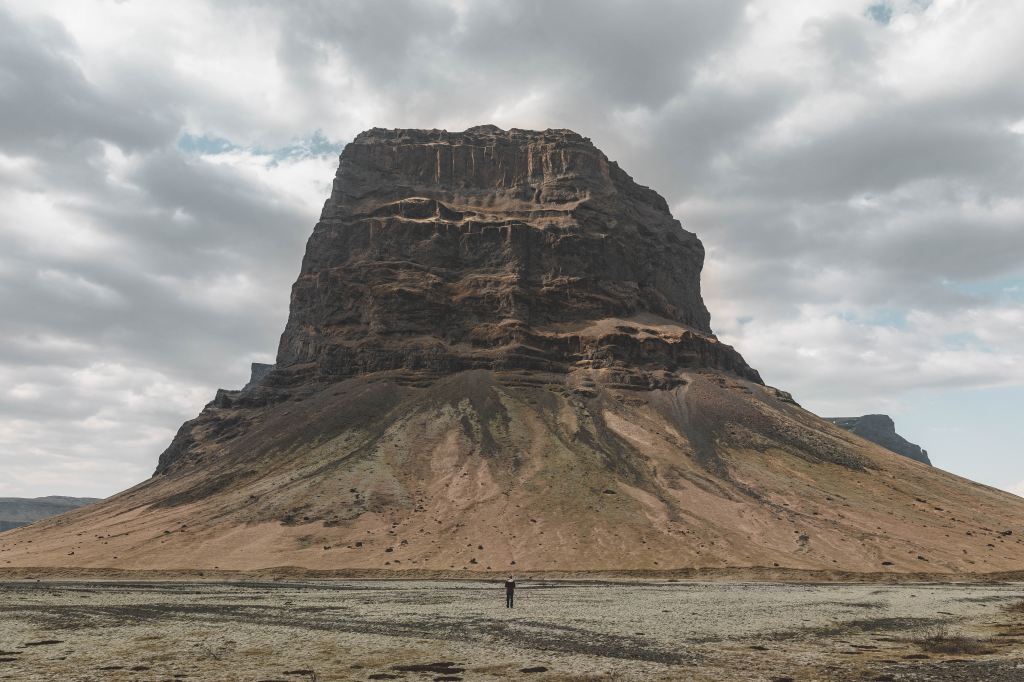What is the value of memories? They are our personal histories. Often, memories extend beyond our individual stories. So to ask about the value of memories is to ask about the value of history. Awareness of the importance of history is one of the frequently stated critical differences between the continental and analytic philosophy traditions. Even if something appears to us as a ‘given’ in life, as something that’s ‘just how things are’, in many cases, it is historically determined, not carved in stone, not an unchanging, utterly objective truth. Ignoring this fundamental role of history in the very fabric of human society does not make it go away. But, as the song tells us, “Some dance to remember, some dance to forget“.
Sometimes, we might wish to forget or remain forgetful about something. Perhaps something painful. However, does this chosen forgetting lessen the event’s control over us, relieve us of its influence on our personal history and life path? Or does it merely offer a thin veil of pain-numbing mist?
A while ago, I read the book “Buried Giant” by Kazuo Ishiguro. It made me wonder about the value of memories. Impressions and insights the book brought to my mind keep returning to me as old and new, reinterpreted memories. Without any spoilers, the book’s title already hints at the main question. Would you prefer to keep the “giant” buried for the sake of peace and safety or to dig him up to deal with his silent legacy? For example, if you did or witnessed something awful and then, for whatever reason, forgot it, would you choose to keep it forgotten or remember it? What if these lost memories were about something happy and beautiful? And what if both the good and the bad memories were combined in a period of your life that you cannot recollect? Would you be willing and ready to remember the sorrow if that was the price for recalling the happiness?

If you think such questions are worth pondering, I encourage you to read Ishiguro’s “Buried Giant”. Dealing with the meaning and value of memories challenges us to acknowledge the historical nature of human life. As such, there can be no clear one-size-fits-all (and for all time) answers to the most crucial questions of anyone’s life – love, values, and meaning. We can hardly escape these deeply buried questions in the ‘objective, given reality’ (although we try, sometimes desperately).
Eventually, we face the individual, subjectively felt ‘journey’ through life along with all the choices we have to make. Some might make us proud, while others might make us want to forget them. Our memory works cunningly, sometimes changing the events to be remembered in a more pleasant light, sometimes hiding them in the darkest corner of our minds to protect us from unrelenting pain.
There is a belief that some things are better left untouched, unseen, untold, forgotten and not brought back into the light of day. Indeed, it might sometimes be better to keep the giant buried. If it is awakened and comes forth again, if we remember, we will have to deal with it. How can we be sure we are ready to face the giant? It can crush us. After all, there must be a good reason why it was buried, why we have forgotten.
I do not suggest there is the ‘proper’ way or the ‘right’ answer to these questions. Yet, I am convinced that while the “giant” lies buried, we ignore the vital role of history while it keeps silently shaping our lives. We rob ourselves of development and the chance to move on and instead opt for an illusion of tranquillity. Of course, remembering and bringing the giant back into the light can mean pain, in whatever form, sometimes so cruel that the mist of forgetfulness may seem like salvation. That is a real possibility, and we need to recognize it. Is it a solution or a temporary fix – this has to be answered by everyone individually, to and for their own selves.
For me, having read this book and thinking about the lives-shaping role of history, even if it is deliberately ignored, the answer is to dig the giant up, awaken it and deal with its legacy. It may take a lot of time, even several generations. Yet, by keeping the giant buried, I block any movement beyond its heritage – the forgotten and dismissed memory of the past that, for this very reason, refuses to remain in the past.
keep exploring!
P.S. Thank you for visiting me here on the humanfactor.blog! If you enjoyed this post and are interested in more philosophical content, I invite you to explore the blog, leave a comment, like, and subscribe to get notified of new posts (twice a week).
Image credit: Photo by Dave Herring on Unsplash
One thought on “Buried Giant and Forgotten Memories”